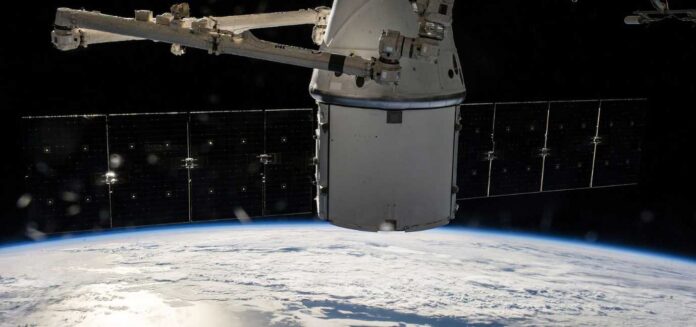Exploring Europe’s position as a spacetech leader, Bogdan Gogulan, CEO and managing director of NewSpace Capital, highlights the continent’s diversity as a driver of innovation while underscoring the need for investment and unity to scale businesses in this crucial sector.
It’s one of the apparent paradoxes of Europe, noted by thinkers like Jacques Derrida that Europe aspires to universal ideals while, at the same time, recognising and priding itself on its cultural diversity. In point of fact, it is perhaps Europe’s greatest strength in our era that it is finding more and more often a constructive balance between the two poles of diversity and unity – that it is finding unity in its diversity.
That might sound grandiose. But this idea quickly becomes concrete and practical when applied to the economy. The tension between Europe’s natural diversity and the need for unity is plain in key sectors. It’s especially relevant to one of the most (if not the most) important sectors in the world today: the space sector, which increasingly intersects with other sectors and is, therefore, an engine for our overall flourishing. As many now agree, space is becoming the spine of the world economy.
European cultural diversity is the mainspring for innovation in the space sector, particularly space technology. Out of all the different perspectives and experiences that can be found across Europe come fresh ideas, products and approaches – just as they do in any group where there is diversity among the members. As a result, Europe can count itself as a world leader in the essential spacetech areas of broadcasting, photonics, earth observation, AI-powered climate measurement and many more.
Challenges of diversity and scaling in Europe
But the sweet-tasting fruits of being a continent with over 200 languages spoken by about 750 million people, where there are huge differences in cuisine, music, art, architecture, and literature, start to lose their flavour when we see the problems that diversity causes. Yes, you might be able to speak to a Prime Minister in Europe when you couldn’t get hold of a junior senator in the US.
Yes, you might be able to bring together ideas from thousands of universities and schools with distinct approaches. But you will also encounter national budget limitations. You will find a shortfall of available private capital in certain regions. You will certainly have to wade through a varied and thorny legal environment and negotiate the nuances of independent national markets.
For innovative businesses, this makes scaling difficult. Companies looking to grow need simplicity and consistency in the contexts in which they operate. What they get instead in much of Europe is complexity and incoherence. Without the capital, the know-how and the right surroundings to grow their business, they can’t make their products and services widely available, and, in short, we all lose out.
Understandably, those entrepreneurs might choose to relocate to a country like the United States, where the landscape is more conducive to scaling.
Towards a unified European space vision
Is there cause for optimism, however? Yes, there is. Europe is not without centralising and supranational authorities with the power to unite it constructively from time to time. The European Union, though not encompassing every state on the continent, plays a useful role in funding scientific ventures and increasing technology transfer, innovation, and knowledge-sharing.
The European Space Agency, which is independent of but often works closely with the EU, also strives to strengthen Europe for the benefit of its citizens, widening its network continent-wide and increasingly pursuing new and creative approaches to giving the space sector a boost.
One of these is by setting to one side its usual policy of geographic return, according to which any financial investment in it by member states is returned, in the form of industrial contacts, in roughly the same amount. Its approach to a new planned multi-orbit satellite internet constellation, to be deployed by the European Union by 2027, is a good example of this.
Intended to provide secure communication services to governmental agencies as well as commercial services to private entities, this project – dubbed ‘IRIS2’ – invites companies across Europe to compete for the right to design, build and develop the technology involved. The ESA is thereby showing that it can create a competitive environment, when needed, to benefit the sector.
This is the kind of good judgement that Europe will need if it is to fulfil its potential to become a space superpower. The continent will need to stay true to its values and respect the states that comprise it while also pulling the right levers for the sake of the continent as a whole. If it does this, Europe may not find itself in quite the same position as the United States and China, whose investment in space dwarfs that of Europe.
But Europe could still be a major global player in a sector that grows more vital to daily life by the day. It will also almost certainly be able to punch above its “space budget” weight. Certainly, innovation exists in Europe; so does the enthusiasm for space and how it can improve our lives. All that remains is for the necessary investment to flow in the right direction.
© 2023 funds europe





